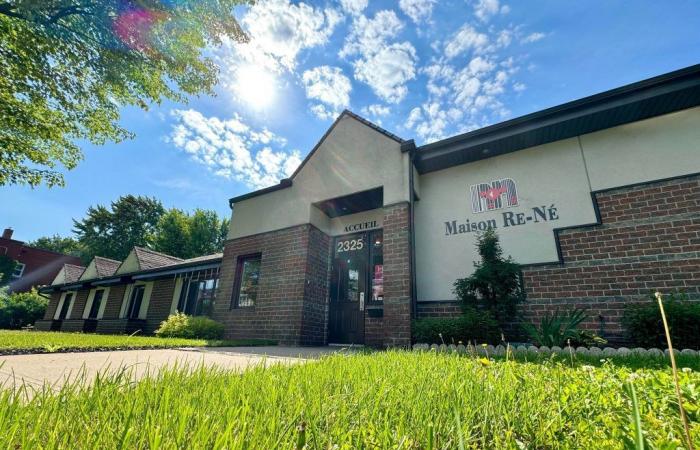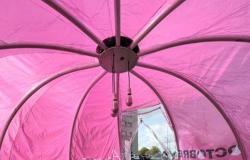The most recent statistics show that the number of HIV cases in Quebec have almost doubled in 2022 compared to 2021. La Maison Re-Né de Trois-Rivières, a member of COCQ-SIDA, indicates that the region is not immune to this increase.
The Coalition of Quebec Community Organizations to Fight AIDS (COCQ-SIDA) governs the publication of figures from the National Institute of Public Health of Quebec including the report Human Immunodeficiency Virus Infection Surveillance Program (HIV) in Quebec notes a significant increase in the number of cases for the year 2022. 422 new diagnoses were reported compared to 246 in 2021.
The most recent statistics, revealed in September, are those for 2022. The communications officer for Maison Re-Né, Benoît Villemure, agrees that things may have changed since then but not significantly.
“We rely on the trend. The numbers are mainly between 2020 and 2022, during the COVID period, where screening took a bit of a backseat. The trend has remained and access to screening is not easy. »
We could attribute part of the increase to catching up on screening after confinement, but there is still awareness to be raised.
“Last year, there was a march against homophobia here in Trois-Rivières. Maison Re-Né participated. When talking to people, we asked them questions. People told us that HIV is like HPV. So we realize that in terms of education, there is a lack. This is why we have been trying to challenge the Minister of Health for two years because we consider that the government has a key role to play in raising public awareness. »
Young people may have a different perception of the disease than those of previous generations.
“The older ones too, because they still have the strong image of the 80s and 90s. People are no longer dying from HIV. If people take the medication, they live a completely normal life. What we say is that the i equals i: if you are undetectable, the virus is untransmissible. This part of public education, whether the youngest or the oldest, people are not aware of and remain with prejudices. »
The coalition of which Maison Re-Né is a part denounces four barriers to access to screening.
“There is the number of points of service which were reduced, among other things, because of COVID and which were not subsequently increased. We also think about the schedules of screening service points which often do not cover evenings or weekends. We have judgment, which we hear a lot about in the health network with regard to populations affected by HIV. And there are the costs of a consultation and screening tests when you are not covered by RAMQ. »
At first glance, we might think that everyone is covered by RAMQ, but part of the population likely to be affected by the problem may not be temporarily affected.
“In terms of homelessness or injecting drugs, these are populations who are not up to date with their papers, who have not renewed their RAMQ card, so they lose free access rights to screen. Also, new arrivals know their serological status because they must take a screening test when they arrive in the country, except that if they do not have access to their RAMQ card quickly, they do not have access to their medication free of charge. These are barriers that increase the number of cases. »
Eradicate HIV by 2030
The HIV screening strategy in Quebec must be optimized according to the COCQ-SIDA which argues in the same breath that there is no reason why we cannot “eradicate the HIV epidemic by 2030 », as proposed by UNAIDS, since we have all the tools in hand.
“When it was put forward, cases were stable, or even decreasing. We have seen that the pandemic has had a disastrous effect on the figures but that we can catch up. But we need equipment and personnel to be able to move forward. We need to talk and put a plan forward. The government is the key player in the middle of all this, but it has been turning a deaf ear for two years. »
To continue to combat prejudice, provide the right information and educate young people, consultation is essential, according to Mr. Villemure.
“We have trained organizations that have the tools to raise awareness among the population, but we need manpower and funding. This is why we are calling on the government. We want to work together with specialists, researchers, doctors and involve the community because we have the expertise. »
Also for Centre-du-Québec
Even though it is located in Trois-Rivières, Maison Re-Né offers its services not only to the population of Mauricie, but also to those of Centre-du-Québec.
“For us, it’s accommodation, direct service to the population that is affected. Sometimes the public is unaware that we have an HIV resource here in Mauricie and Centre-du-Québec. Let people not hesitate to come and meet us, to come and ask us questions. We welcome them even if sometimes it is a family member who is affected. If we can contribute positively to keeping people well informed, it is also by meeting them. »






